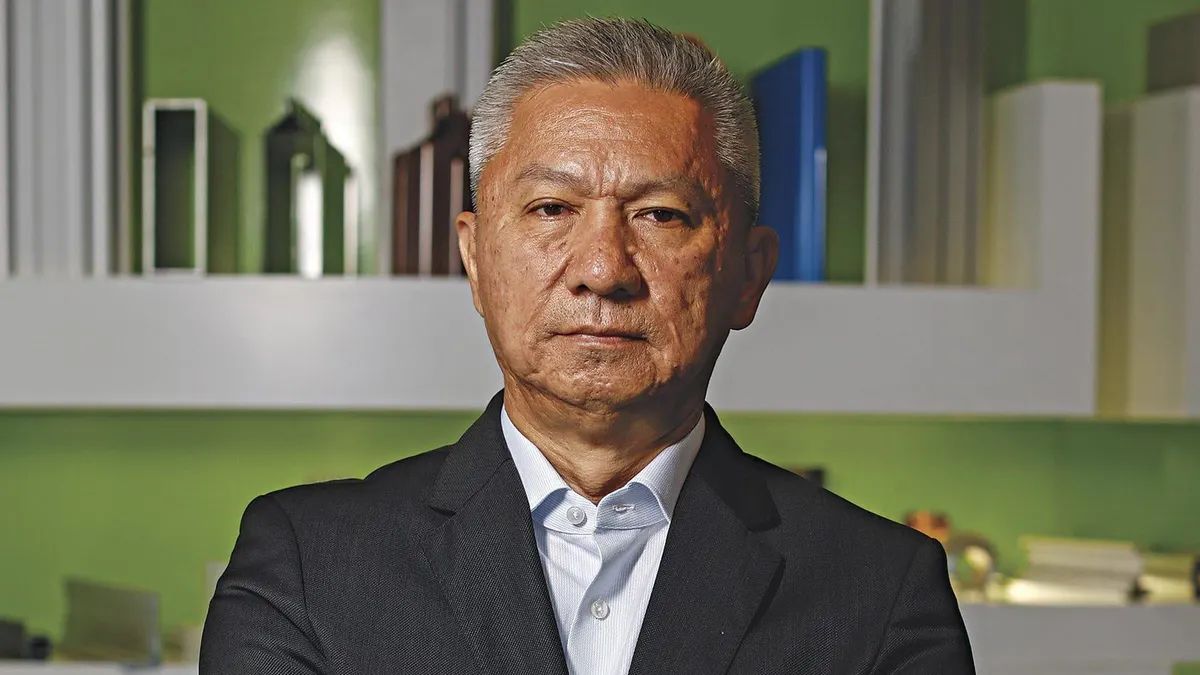Malaysian Billionaire Brothers’ Mr. DIY Plans to Raise $297 Million in Jakarta IPO

Malaysian Billionaire Brothers: Mr. DIY, the household name for affordable home improvement and lifestyle products, is preparing for a major financial milestone. The Malaysian retail giant, helmed by billionaire brothers Tan Yu Yeh and Tan Yu Wei, has announced plans to raise $297 million through an initial public offering (IPO) on the Jakarta Stock Exchange. Top Crypto Debit Cards in 2024 By Esteemcrypto This marks a significant step in the company’s expansion strategy across Southeast Asia.
A Rising Star in Retail
Founded in 2005, Mr. DIY has grown from a single store in Malaysia to a sprawling network of over 2,900 outlets across the region, including Indonesia, Thailand, and the Philippines. Known for its competitive pricing and extensive product range, the brand has successfully captured the hearts of budget-conscious shoppers.
The company’s business model revolves around offering an array of products—from hardware and electronics to stationery and household goods—at low prices, making it a favorite among both urban and rural consumers. This customer-centric approach has fueled its rapid growth and cemented its position as one of Asia’s most successful retail chains.
Why Jakarta?
Indonesia, with its population of over 270 million and growing middle class, presents an attractive market for retail expansion. Mr. DIY’s decision to list in Jakarta aligns with its strategy to deepen its roots in this booming economy. The funds raised from the IPO are expected to be invested in opening more stores, enhancing supply chain efficiency, and further solidifying its brand presence in the region.
By tapping into the Jakarta Stock Exchange, Mr. DIY also signals its commitment to becoming a prominent player in Indonesia’s retail market, where it already operates a significant number of outlets.
The Billionaire Brothers Behind Mr. DIY
The success of Mr. DIY can be attributed to the vision and leadership of Tan Yu Yeh and Tan Yu Wei. Together, they have transformed a small business into a retail empire, earning spots on Forbes’ list of Malaysia’s richest individuals.
Their journey from modest beginnings to billionaire status epitomizes the entrepreneurial spirit that drives Malaysia’s dynamic business landscape. With this IPO, the brothers aim to elevate their company’s stature further and unlock new growth opportunities.
IPO Details and Market Outlook
The $297 million IPO comes as Southeast Asian markets witness increased investor interest, particularly in retail and consumer-focused sectors. Analysts believe Mr. DIY’s strong financial performance, coupled with its extensive regional footprint, makes it an attractive prospect for both institutional and retail investors.
The funds from the IPO will enable the company to accelerate its growth, adapt to evolving consumer preferences, and stay ahead of competitors in the fast-changing retail sector.
Conclusion
Mr. DIY’s planned IPO in Jakarta is more than just a financial move; it is a testament to the brand’s ambition to dominate Southeast Asian retail. As the company charts its next growth phase, the billion-dollar question remains: How far can this Malaysian giant go in its mission to bring affordable and accessible shopping to everyone?
[sp_easyaccordion id=”3163″]




